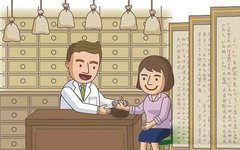


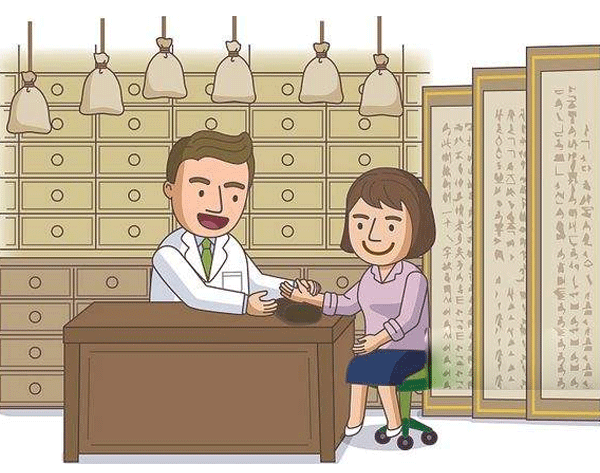
“To know by observation is called spirit, to know by hearing is called sage, to know by inquiry is called skill, to know by palpation is called clever.” Traditional Chinese Medicine (TCM) emphasizes the integration of the four diagnostic methods: observation, listening, inquiry, and palpation. When discussing TCM diagnosis, one must mention the Ten Questions Song, which states: “First ask about cold and heat, second about sweating, third about head and body, fourth about bowel movements, fifth about diet, sixth about the chest and abdomen, seventh about hearing, eighth about thirst, ninth about past illnesses, and tenth about causes. Additionally, for women, it is essential to ask about menstrual cycles, delays, and irregularities. For children, inquire about smallpox and measles, which are all significant indicators.” The Ten Questions Song succinctly summarizes the essentials of TCM inquiry, reminding practitioners to conduct a comprehensive analysis through the four diagnostic methods to determine the patient’s condition. The public can learn about TCM inquiry through the Ten Questions Song, which can also guide them in seeking medical help.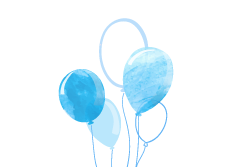
First ask about cold and heat, second about sweating
Inquiry about cold and heat refers to distinguishing the nature of the patient’s pathogenic factors and the balance of yin and yang in the body. “Asking about cold and heat” means inquiring whether the patient feels cold or hot. “Cold” can be categorized as: feeling cold when encountering wind, known as aversion to wind; feeling cold and needing more clothing or warmth from fire without relief, known as aversion to cold; if warmth from clothing or fire provides relief, it is termed fear of cold. “Heat” includes elevated body temperature or normal temperature with a subjective feeling of heat in the body or localized areas.
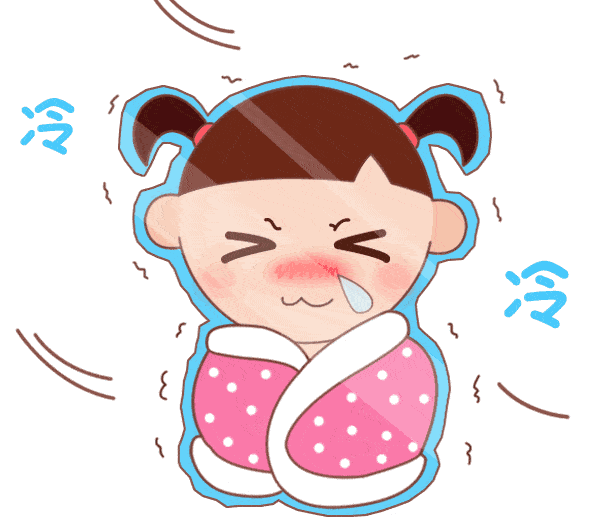
TCM further classifies conditions based on the relationship between cold and heat to differentiate diseases. Patients can refer to the following manifestations to identify their symptoms: simultaneous aversion to cold and fever indicates both conditions; feeling only cold without heat is termed cold without heat; feeling only heat without cold is termed heat without cold; alternating cold and heat indicates a back-and-forth pattern. Inquiry about sweating can reflect changes in the body’s yin and yang as well as the exterior and interior. “Asking about sweating” primarily examines whether the patient sweats, the location, timing, and amount. For exterior conditions, lack of sweating often indicates an exterior wind-cold invasion; sweating indicates either exterior deficiency or exterior heat. For interior conditions, persistent sweating that worsens with movement indicates spontaneous sweating, often due to yang deficiency; night sweats that stop upon waking indicate night sweats, commonly associated with yin deficiency and internal heat; profuse sweating with a hot body indicates intense internal heat; initial chills followed by profuse sweating indicate sweating due to a febrile disease; sweating with heat, agitation, and a rapid pulse indicates a critical condition of excess evil and deficient righteousness.
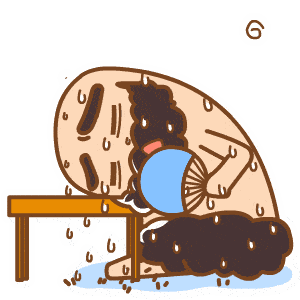
Local sweating: sweating on the head may be due to yang heat or damp-heat; sweating on the forehead with a weak pulse indicates a critical state of dispersed yang; sweating on one side of the body may indicate the affected side due to phlegm-damp obstruction, disharmony of the nutritive and defensive qi, or a stroke; excessive sweating on the palms and soles is often due to spleen-stomach damp-heat or heat in the yin channels.
Third ask about head and body, fourth ask about bowel movements
Inquiry about the head and body distinguishes between deficiency and excess in headaches. Symptoms such as head fullness, stabbing pain, and fixed pain are often indicative of excess conditions; while empty pain and dull pain are more indicative of deficiency conditions. Dizziness can also be classified into deficiency and excess, with excess often caused by liver fire, phlegm-damp, or blood stasis, while deficiency is often due to qi and blood deficiency or kidney deficiency. When experiencing headaches or dizziness, there are often accompanying symptoms that can help differentiate between cold, heat, deficiency, and excess. The body and limbs are pathways for the twelve meridians and the residence of qi and blood, so abnormalities in these areas also reflect the cold, heat, deficiency, and excess of diseases. If one feels heavy and fatigued, accompanied by a greasy tongue coating, it is often due to excessive dampness; if one feels heavy and fatigued, it is often due to insufficient nourishment of the muscles and tendons.
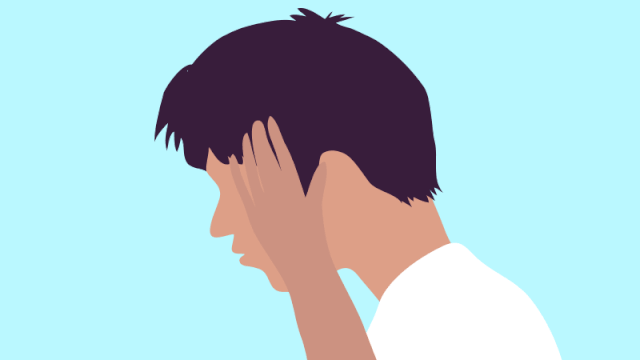
Inquiry about bowel movements “The two excretions are the gateways of the body.” The excretion of stool is closely related to the spleen and stomach’s ability to receive and transform, the warming function of kidney yang, the liver’s ability to regulate, and the spleen’s ability to descend qi. The excretion of urine is related to the kidney’s qi transformation, the spleen’s transportation, the lung’s descending function, and the regulation of the three burners. Therefore, “the two excretions are the gateways of the body; whether due to internal injury or external invasion, one must observe these to differentiate between cold, heat, deficiency, and excess.” Clinically, inquiries about bowel movements primarily focus on the frequency, volume, characteristics, color, odor, timing, sensations during excretion, and any accompanying symptoms. Changes in these aspects can indicate the evolution of cold, heat, deficiency, and excess, and any abnormalities must be taken seriously. For example, yellow and scant urine often indicates a heat condition; clear and abundant urine often indicates a cold condition. Constipation can be classified based on cold, heat, deficiency, and excess: excess heat often presents with abdominal distension, pain upon palpation, and a dry yellow tongue coating; excess cold often presents with abdominal pain upon palpation, a pale tongue, and cold body, indicating cold evil obstructing yang qi and preventing bowel movement. Diarrhea also has distinctions of cold, heat, deficiency, and excess: damp-heat diarrhea may present with explosive diarrhea, foul-smelling stools, abdominal pain, and urgency; cold-damp diarrhea may present with watery stools, light yellow color, and a foul smell; food stagnation diarrhea may present with alternating vomiting and diarrhea, with sour-smelling vomit; spleen deficiency diarrhea may present with undigested food in stools, thin and watery stools, lasting for a long time; early morning diarrhea before dawn, which resolves after defecation, is often due to kidney yang deficiency, also known as “five dawn diarrhea”; a feeling of heaviness in the anus, and in severe cases, prolapse of the rectum, is often due to sinking of the middle qi.
Fifth ask about diet, sixth ask about the chest and abdomen
Inquiry about diet The spleen and stomach are among the most important organs in the body, serving as the source of qi and blood. All nutrients necessary for growth, development, and sustaining life depend on the spleen and stomach. Once the function of the spleen and stomach is disrupted, the health, metabolism, and circulation of qi and blood will be severely affected. Those who eat little or have poor digestion may have spleen qi deficiency, internal injury from food stagnation, or dampness obstructing the spleen; those who frequently experience aversion to food, abdominal distension, belching, or acid reflux often have digestive issues; those who prefer hot food or feel full and bloated after meals often have spleen and stomach deficiency-cold; aversion to greasy foods, with rib distension and nausea, may indicate liver-gallbladder damp-heat or rebellious stomach qi; those who feel hungry after eating may have excessive stomach fire, often accompanied by increased thirst and urination, indicating diabetes; those who have no appetite are often due to insufficient stomach yin; those who vomit immediately after eating, with force, often have excess fire in the stomach; those who vomit in the morning and eat in the evening, often have spleen and stomach deficiency-cold; those who have difficulty swallowing or feel a blockage in the chest often have esophageal obstruction syndrome.

Inquiry about the chest and abdomen The chest, or zhongwan, connects to the heart and lungs above and communicates with the internal organs below. Many diseases are related to the chest and abdomen, and “asking about the chest and abdomen” primarily differentiates organ diseases, including chest tightness, palpitations, rib distension, and abdominal distension. Chest tightness is often related to the obstruction of qi in the heart and lungs or is associated with cold, heat, deficiency, or excess; palpitations are often due to changes in the heart or spirit; rib distension is often due to liver-gallbladder and their meridians being affected; abdominal distension is often due to qi obstruction.
Seventh ask about hearing, eighth ask about thirst
Inquiry about hearing TCM often asks patients: “Do you usually experience tinnitus or hearing loss?” TCM texts record: “Although the ear is governed by the lesser yang channel, it is fundamentally the organ of the kidneys and the gathering place of the ancestral qi; inquiring about it not only helps differentiate deficiency and excess but also provides insight into life and death.” If a patient has slight hearing loss or dull hearing, it is termed heavy hearing; if hearing is significantly reduced or completely lost, it is termed deafness; if the patient perceives sounds in the ear, it is termed tinnitus. Tinnitus and deafness may arise from kidney deficiency or may be due to liver fire or damp-heat in the liver channel; those with kidney deficiency often have accompanying symptoms of lower back and knee weakness and frequent clear urination at night. Inquiry about thirst When patients visit, TCM practitioners often ask: “How is your water intake? Do you often feel dry and thirsty?” Thirst is primarily due to insufficient body fluids or obstruction in the distribution of body fluids. TCM believes, “Asking about thirst and lack of thirst can help observe the cold and heat of the interior, and the differentiation of deficiency and excess can also be seen from this.” During TCM inquiry, practitioners pay attention to whether the patient feels thirsty, how much they drink, their preference for hot or cold drinks, and any other symptoms.

Thirst may indicate damage to body fluids or internal stagnation of water-damp; extreme thirst with a preference for cold drinks indicates excessive heat damaging body fluids; thirst without much drinking, or vomiting after drinking, may indicate internal stagnation of phlegm-damp or damp-heat; thirst with a desire to rinse the mouth but not swallow, along with excessive drinking and urination, may indicate diabetes.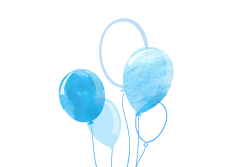
Ninth ask about past illnesses, tenth ask about causes
Inquiry about past illnesses “Have you had similar conditions before? Is there a family history? Are there any known allergies to medications?” Inquiring about past illnesses is an important way to gather information about the patient’s condition, which can reveal the causes of diseases, the course of illness, and family history. Doctors ask about past illnesses to see if the current symptoms are related to previous conditions or family history. If a patient is generally healthy, their illness is often due to excess; if a patient is weak, their illness is often due to deficiency; if a patient is usually yang deficient and fears cold, their illness is often due to cold; if a patient is usually yin deficient, their illness is often due to heat. Inquiry about causes “Asking about causes” means that the doctor seeks to identify potential causes of the disease through inquiry, in order to apply appropriate treatment and medication. Generally, if the cause of the disease is cold, it is often a cold condition, and treatment usually involves warming herbs; if the cause is heat, it is often a heat condition, and treatment usually involves cooling herbs. Additionally, if patients experience adverse reactions during medication, they should communicate with their doctor promptly to adjust their treatment. Besides the routine inquiries, women should also be asked about menstruation, discharge, pregnancy, and childbirth; for children, inquire about conditions before and after birth, vaccination history, and exposure to infectious diseases like measles and chickenpox. TCM inquiry is rich in content, and this article only lists common aspects of daily life. For more complex situations, it is still recommended to seek treatment at a reputable hospital.
Source: China Traditional Chinese Medicine News, Health China WeChat, etc.

●【Health Expo】Quick look, the Provincial Research Institute’s exhibition hall is very popular●【Health Expo】The Provincial Research Institute’s exhibition hall is receiving distinguished guests for visits and guidance
● Learning platform | General Secretary Xi Jinping’s words on civilization
● Science popularization! Series on Chinese herbal plants—Hibiscus mutabilis, Upland cotton
● Learning platform | In-depth study of “Xi Jinping on Governance” Volume Four (Three)
● Jiangxi Provincial Research Institute of Traditional Chinese Medicine conducts emergency training for epidemic prevention and control

